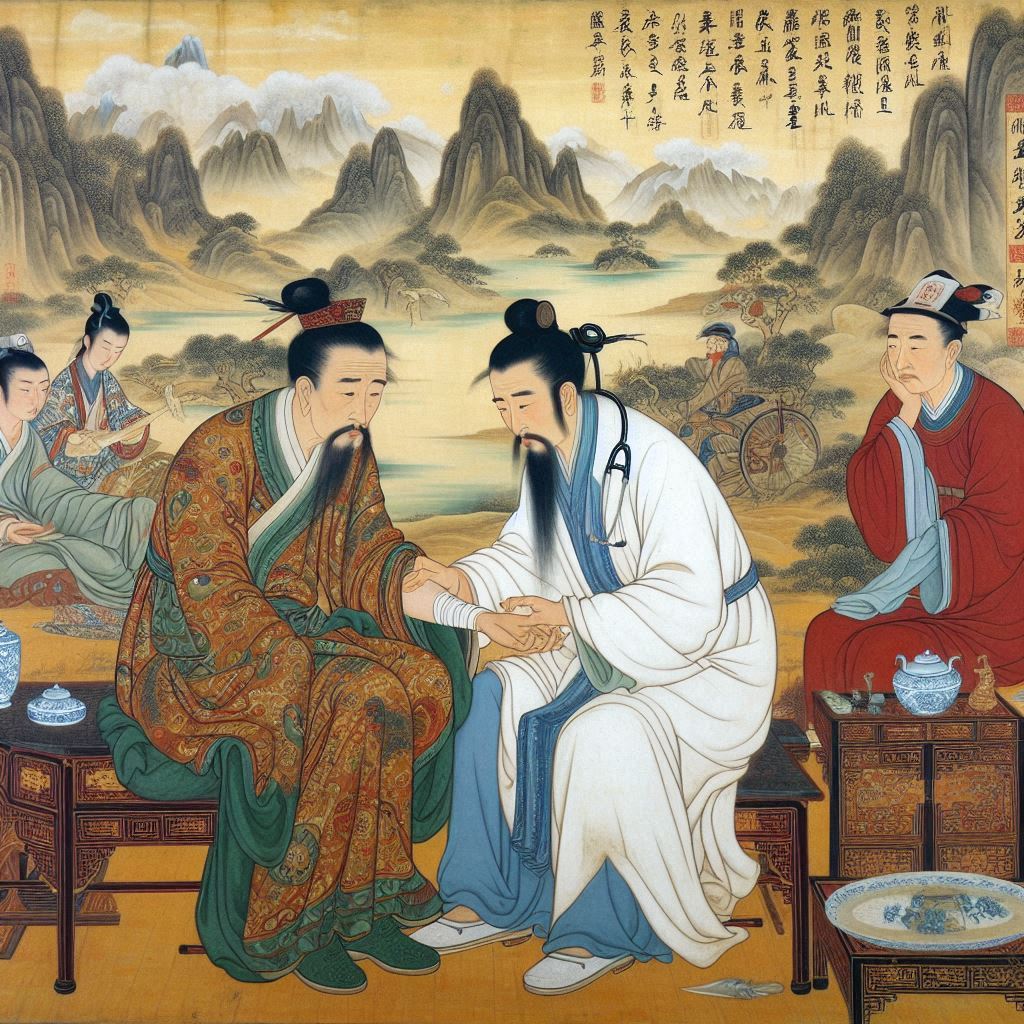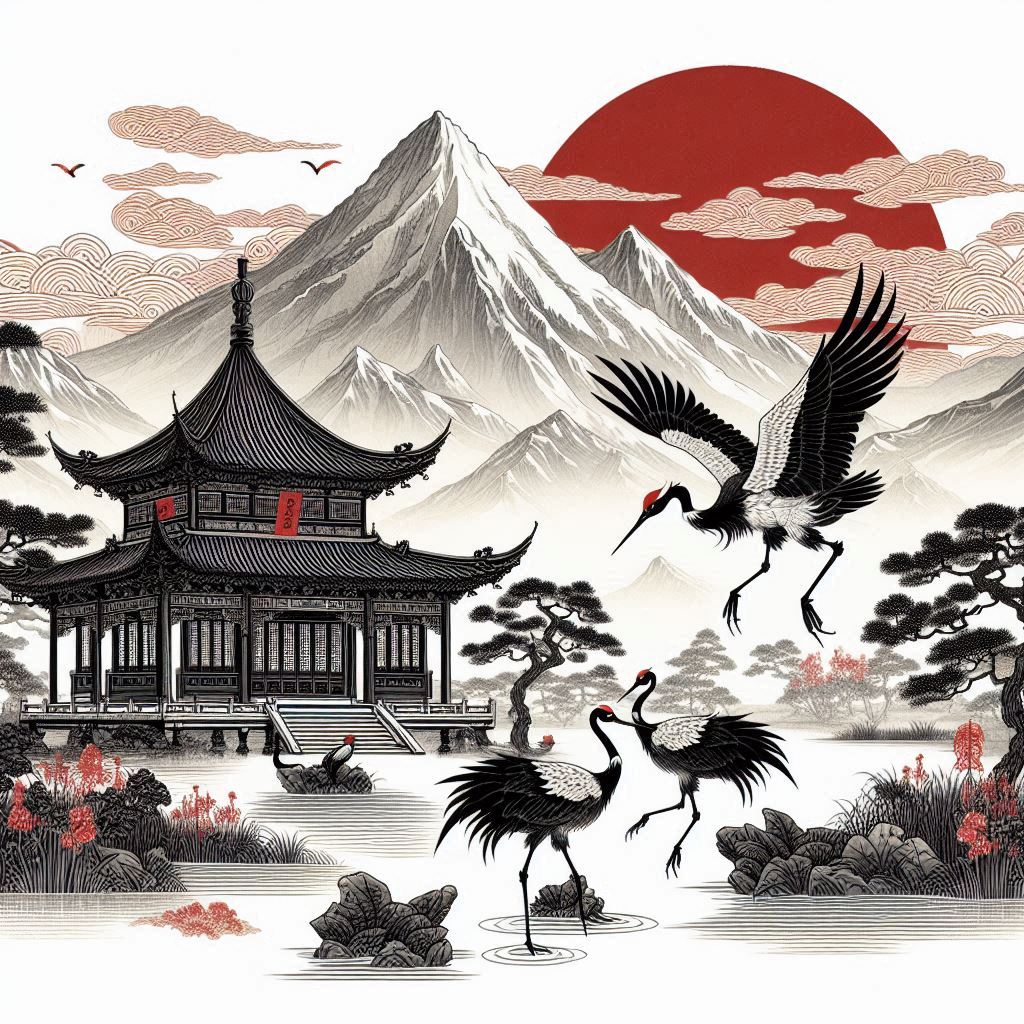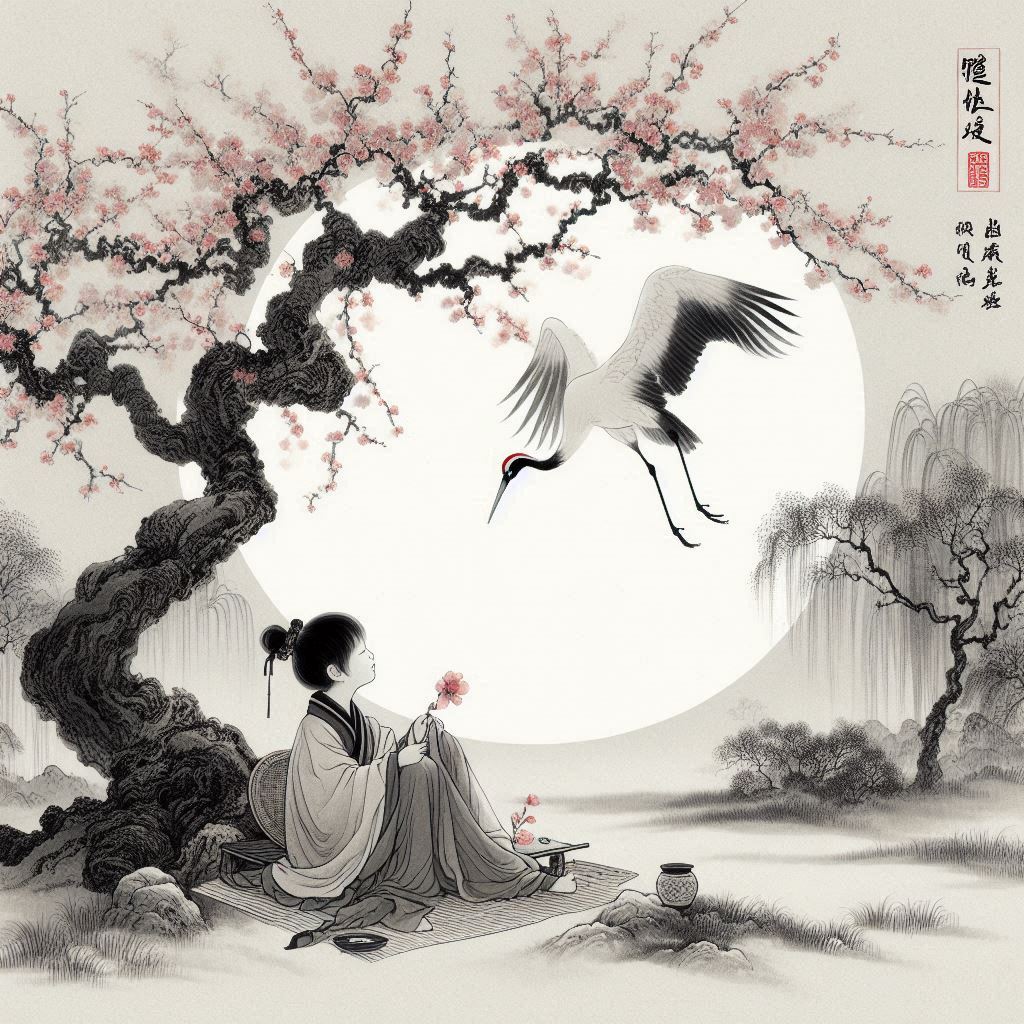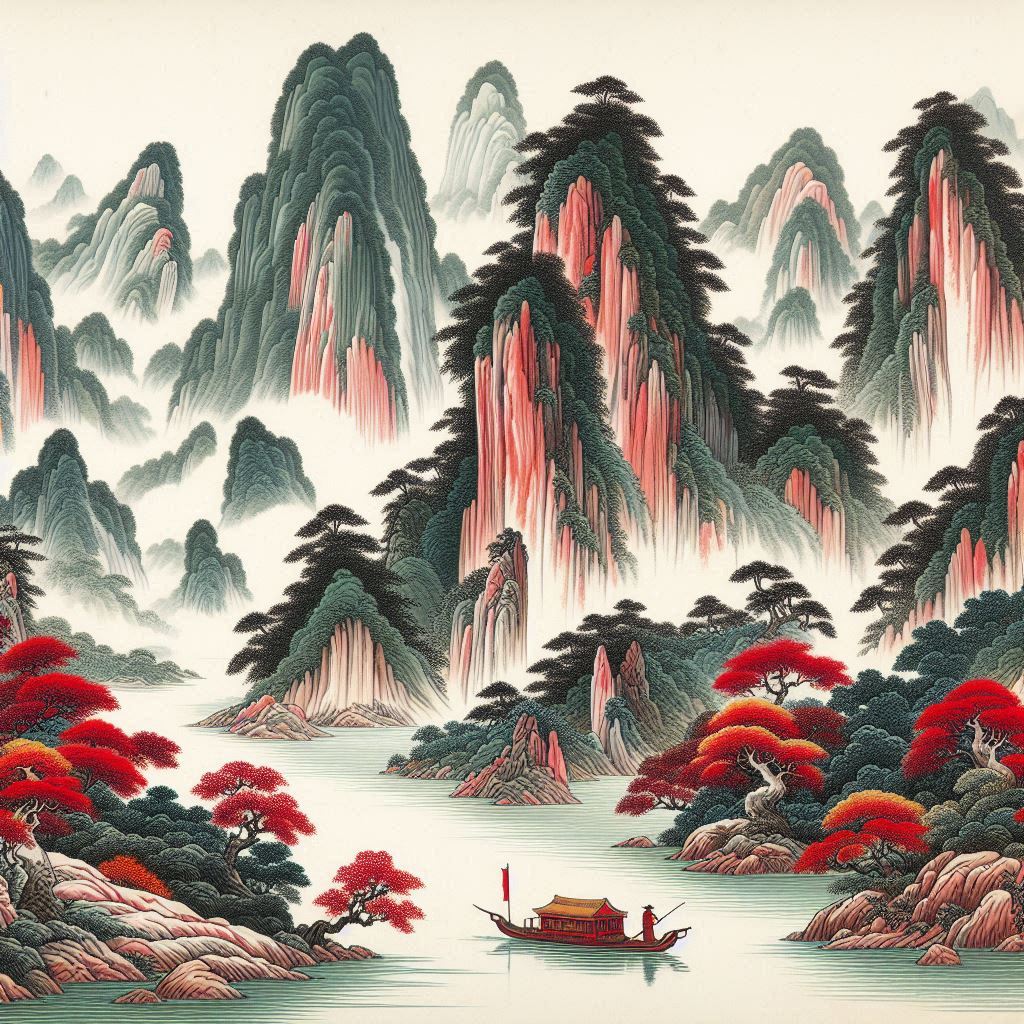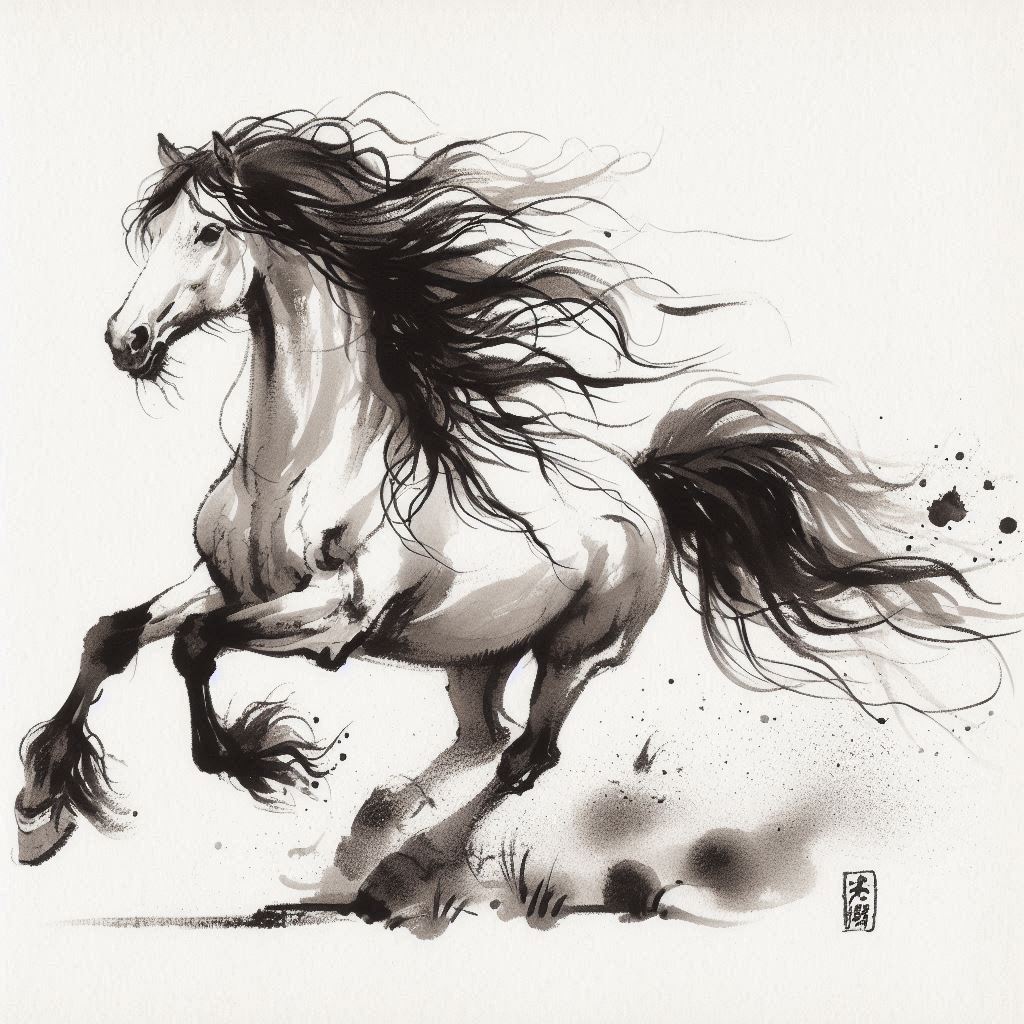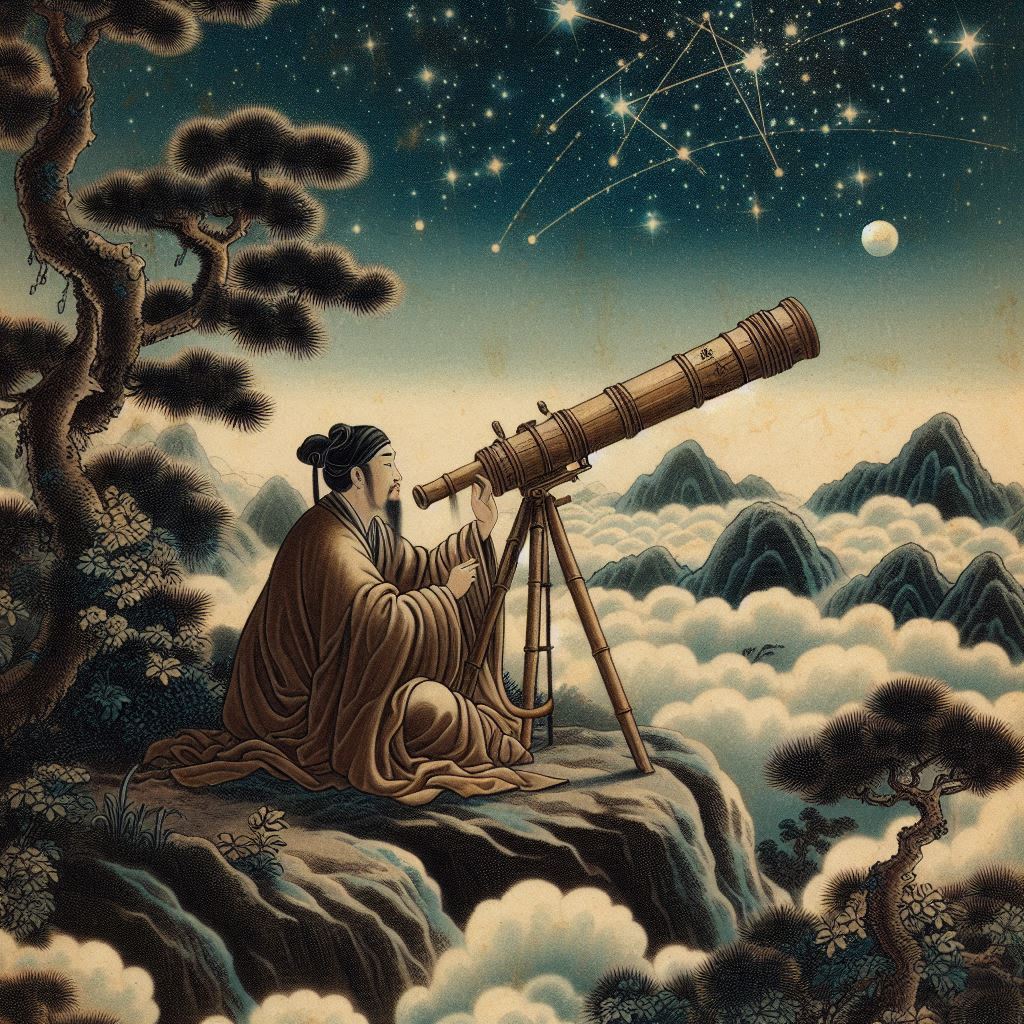Cause
- excessive sexual activity
- prolonged febrile disease
- continual overwork
To understand the cause for Kidney Yin deficiency we need to quickly review the concept of Yin and Yang in traditional Chinese medicine.
Since Yang in nature represents activity, light, warmth it logically represents function/warming faculty in the human body. Since Yin in nature represents rest, quiet, slowness, in the human body it translates to structure, substance, matter. In other words Yin represents blood, body fluids and matter, while Yang is the force that brings them to life.
There is good health when Yin and Yang are in balance. When there is deficiency of Yang, Yin instantly becomes excessive and vice versa – when there is deficiency of Yin, Yang becomes excessive. Yang deficiency manifests in coldness, lethargy, overflow as there is "deficiency of warmth and energy" which struggles to contain the matter. And vice versa - when there is Yin deficiency the warming principle of the body (Yang) becomes excessive which in time will lead to accumulation of heat(1). Since blood and body fluids belong to Yin, Yin deficiency will also manifest in dryness(1)(2)(3).
There are many causes for the depletion of Kidney Yin. Maybe the most common one is excessive sexual activity(2)(3)(4) as it leads to chronic loss of body fluids. Another cause is febrile diseases(2) or prolonged illnesses(3)(4) as they manifest with heat which dries out body fluids. Continuous overwork is another cause for Kidney Yin deficiency(3).
If you want to learn more about the Kidneys and their functions from the perspective of traditional Chinese medicine you can read the material "The Kidneys in Traditional Chinese Medicine" in the Physiology chapter.
Symptoms
- dry mouth
- dry throat
- dry skin
- constipation
- scanty dark-yellow urine
- night sweats
- feeling hot in the palms, soles, and chest
- thirst
- dizziness
- vertigo
- poor memory
- backache
- nocturnal emission in men
- scanty menstruation in women
The typical symptom of Yin deficiency is dryness. Kidney Yin deficiency predominantly manifests in dry throat(2) and dry mouth(3)(4) especially at night(3). As there are not enough fluids to nourish the intestines there is constipation(2)(3)(4). The urine is scanty(3) and yellow(2)(3)(4).
The excess Yang has generated heat, which manifests as night sweats, feeling hot in the palms, soles, and chest(2)(3)(4), and thirst(3). Since there is not enough Essence to nourish the brain (Kidney Essence belongs to Yin) dizziness(3)(4), vertigo(2)(3), and poor memory(2)(3)(4) may manifest. Essence deficiency also may fail to nourish the bone marrow therefore there might be backache and bone ache(3)(4). As Yin dominates the night there is nocturnal emission in men(3)(4). As blood belongs to Yin there is scanty menstruation in women(2).
Treatment Approaches
The treatment principle of Kidney Yin deficiency is to build Kidney Yin, moisten dryness, and clear accumulated heat. "Substance producing" and Yin tonifying foods are appropriate for this condition.
To unlock the rest of this article select "Yes, I want to learn!" below.
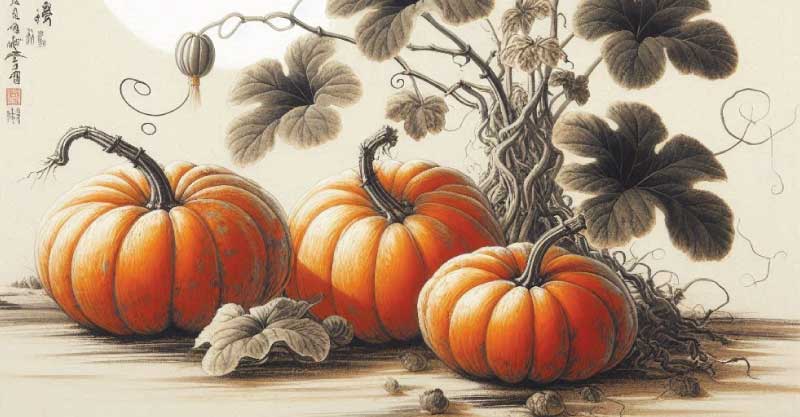
Food therapy is the most economical and non-toxic biochemical approach to health and disease. Food is something we continuously use to sustain our lives. Learning what foods are healing (and what disruptive) for each condition has the potential to convert every meal into a form of therapy.
YS
(1) Zhang, Enqin (1990). Basic Theory of Traditional Chinese Medicine. Shanghai: Publishing House of Shanghai College of Traditional Chinese Medicine
(2) Yang Weiyi, Meng Fanyi, Jiang Yuanan(2002). Diagnostics of Traditional Chinese Medicine. Beijing: Beijing University of Chinese Medicine and Pharmacology
(3) Maciocia, Giovanni (1989). The Foundations of Chinese Medicine. Edinburgh: Harcourt Publishers Limited
(4) Deng Liangye, Gan Yijun, He Shuhui, Ji Xiaoping, Li Yang, Wang Rufen, Wang Wenjing, Wang Xuetai, Xu Hengze, Xue Xuiling, Yuan Jiuling (1987). Chinese Acupuncture and Moxibustion. China: Foreign Languages Press
(5) Pitchford, Paul (2002). Healing with Whole Foods. Berkeley: North Atlantic Books
Related Articles:
The Kidney, season winter, and foods that benefit the Kidney during winter
Herbs that tonify Yin and benefit Kidney Yin deficiency
Herbs that tonify Yang and benefit Kidney Yang deficiency
Herbs that tonify Qi and benefit Kidney Qi deficiency
Please read our Disclaimer

